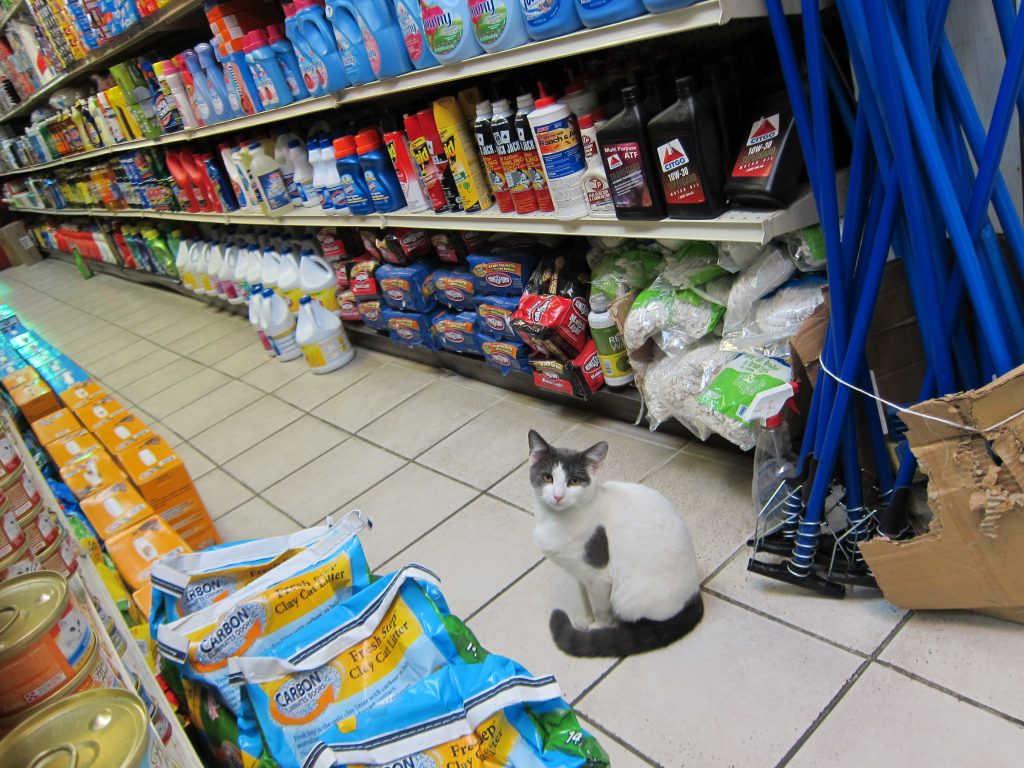Sometimes, teaching advanced students can be more challenging than teaching beginners, so it’s always fun for me when I come across a commonly used word that I think might stump my advanced English language learners.
Today’s word is spiel. Spiel can be pronounced with either an “sp” as in “spot” or an “shp” which is a little unusual in English. (You can hear it here.) The word’s origin is German and Yiddish. It’s a borrowed word, and the way we use it is a little different than how it is used in those languages.
I ran across it in a recent article in The New Yorker. The distributor of plant-based sandwiches is explaining his approach to selling these products to bodega owners in New York City:
“In the beginning, we were doing a lot of explaining,” he said. “We used to give people a whole spiel about why you should eat these products. And we realized that just wasn’t the right approach…”
Can you guess the meaning from the context?
A “spiel” is a long elaborate story. It is often used to persuade someone. The meaning in German is game or play, but that’s not how we use it in English.
Here are two more examples:
The salesman gave me some spiel about how I really didn’t want the car I came in there to buy, and how this other more expensive car would make so much more sense for me.
His mother sent the priest to talk to him about changing his ways. The priest gave him a long spiel about how he was heading for hell, but of course it made no difference.
Notice in both these examples the “spiel” is used for persuasion. Hence, a spiel can also be used to describe a long “pitch.” It is not a “bad” word, but “pitch” sounds more neutral and professional. “Spiel” sounds like someone is trying to sell you something. In the above excerpt from the article, the use of “pitch” wouldn’t convey how much effort went into the story that the distributor was making and how detailed the pitch was. We understand from the phrase “a whole spiel” that this was an elaborate, long pitch and he probably lost the bodega owner’s attention at some point, which is why he needed to change his approach.
Here are some quick definitions and explanations for some other words used in this post:
To stump (someone): To ask someone a question that they don’t know the answer to. This is an informal but common usage. We also use this often as an adjective, to be stumped by something means to have no answer or explanation. Here are some examples:
The contestant knew all the answers during the main part of the game, but the final question stumped him. He left his answer card blank and lost everything.
The teacher asked me the question, but I had no idea how to answer. I was stumped. I was silent until he moved on to another student. It was so embarrassing.
To run across something or someone: to find something or someone incidentally. We also use “come across” in the same idiomatic way. Here are some examples:
I had given up on ever finding the right birthday gift for my brother, but then I was cleaning the house, and ran across some old childhood photos, and I decided to make a collage for him.
I know you have an interest in gardening. I ran across this interesting article I think you should read.
Bodega: Bodega is borrowed from Spanish. Like many borrowed words, the meaning is a little different in English. It was probably brought to New York by people who came from Puerto Rico. It was used in Puerto Rican neighborhoods to describe small grocery stores that sold a variety of goods. Eventually, all New Yorkers started to use the term to describe small grocery stores. It is now used in other parts of the United States as well. We also use it as an adjective to describe the things you find or buy in a bodega. For example: a bodega sandwich. There are Instagram feeds devoted to the cats that live in bodegas and are known as “bodega cats. Here’s a picture of one:
(If you found this post interesting, check back for more content! If you are interested in taking English lessons with me, please drop me a line.)
